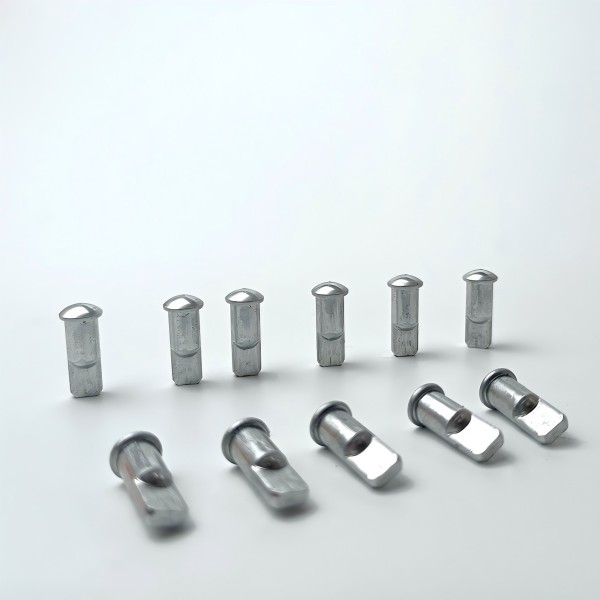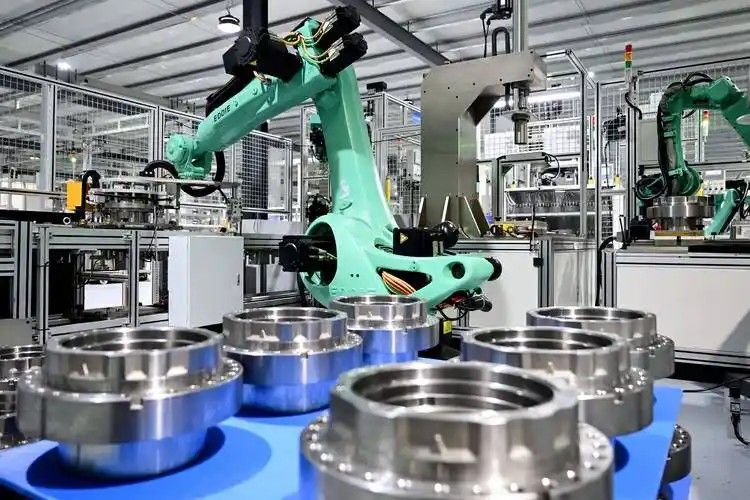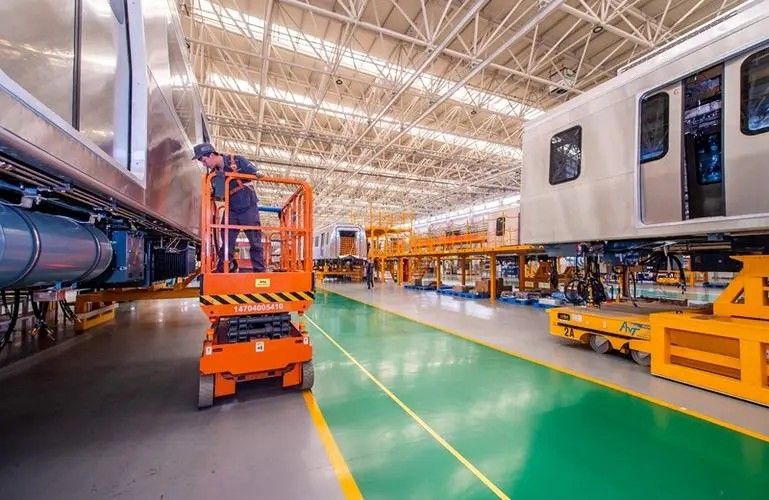- Time:2024/10/31 Posted:Dongguan Jierui Hardware Technology Co., Ltd
The fastener industry is continuously evolving, driven by advancements in technology, changing market demands, and the growing emphasis on sustainability. As a leading non-standard fasteners manufacturer, understanding the latest trends in non-standard fasteners is crucial for businesses looking to enhance their product offerings and stay competitive. Here, we explore some of the key trends emerging in this dynamic sector.
1. Increased Demand for CustomizationOne of the most significant trends in the non-standard fasteners market is the rising demand for custom non-standard nuts and fasteners. Businesses are increasingly seeking tailored solutions to meet specific project requirements. This shift toward customization allows for greater flexibility in design and functionality, ensuring that fasteners can accommodate unique applications across various industries, from automotive to aerospace.

2. Emphasis on Sustainability
Sustainability has become a central theme in manufacturing, and the fastener industry is no exception. Many custom non-standard nuts factories are adopting eco-friendly materials and processes to minimize environmental impact. This trend includes the use of recyclable and biodegradable materials for producing non-standard fasteners. Companies that prioritize sustainability are not only appealing to environmentally conscious consumers but are also complying with stricter regulations regarding waste and emissions.
3. Advancements in Manufacturing Technology
Technological innovations are transforming the way non-standard fasteners are produced. Advanced manufacturing techniques, such as 3D printing and CNC machining, enable non-standard fasteners manufacturers to create complex shapes and designs with high precision. These technologies not only enhance the quality of fasteners but also reduce production time and costs. As a result, manufacturers can quickly respond to market demands and provide customized solutions more efficiently.

4. Integration of Smart Technology
Another emerging trend is the integration of smart technology into non-standard fasteners. Manufacturers are exploring ways to incorporate sensors and IoT (Internet of Things) capabilities into fasteners, allowing for real-time monitoring and data collection. This innovation can help improve performance and reliability, particularly in critical applications where fastener integrity is vital. The use of smart fasteners is expected to grow as industries seek to enhance safety and efficiency in their operations.
5. Focus on Quality and Standards
With the increasing complexity of applications requiring non-standard fasteners, there is a growing emphasis on quality control and adherence to industry standards. Manufacturers are investing in rigorous testing and quality assurance processes to ensure that their non-standard fasteners meet or exceed the required specifications. This focus on quality not only helps build customer trust but also reduces the risk of product failures and recalls.

6. Expansion into Emerging Markets
As global demand for non-standard fasteners continues to rise, manufacturers are looking to expand into emerging markets. Regions such as Asia-Pacific and Latin America are witnessing significant growth in various industries, including construction, automotive, and electronics. By entering these markets, custom non-standard nuts manufacturers can tap into new customer bases and drive further innovation in product offerings.
The world of non-standard fasteners is evolving rapidly, with trends reflecting the need for customization, sustainability, technological advancements, and quality assurance. As a non-standard fasteners manufacturer, staying ahead of these trends is essential for meeting customer demands and ensuring long-term success. By embracing innovation and adapting to changing market dynamics, businesses can position themselves as leaders in the fastener industry, offering high-quality, reliable, and customized solutions for their clients.
